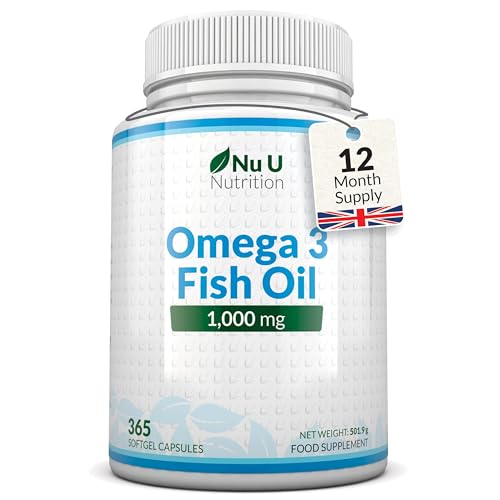This post may contain affiliate links which means we may receive a commission at no cost to you, if you make a purchase through a link. Please see our full disclosure for further information.
Your body is a busy machine. It’s always taking in, breaking down, and rebuilding. This constant work needs energy and raw materials. This is metabolism, and it’s more than just how fast you burn calories. It’s every chemical reaction happening inside you.
Anabolism and Catabolism: The Two Sides of Metabolism
Metabolism has two main parts:
- Anabolism: This builds things up. It takes small pieces, like amino acids, and puts them together to make bigger things, like proteins. This process needs energy.
- Catabolism: This breaks things down. It takes big molecules and splits them apart, releasing energy. This energy keeps you warm, helps you move, and fuels your cells.
Think of it like this: Anabolism is like building a house, and catabolism is like tearing one down. Your body is always doing both at the same time.
Essential Nutrients: The Building Blocks of Life
To keep your metabolism going, you need nutrients. These are the materials your body uses to build, maintain, and fix itself. There are six main groups:
- Water: The most important nutrient. It makes up most of your body.
- Vitamins: Help your body use other nutrients. For example, vitamin C helps you absorb iron, and vitamin K is important for blood clotting.
- Minerals: Like vitamins, they don’t give you energy, but they have other jobs. Calcium, magnesium, and phosphorus make your bones strong, and iron is needed for your blood.
- Carbohydrates: Your body’s main source of energy. They come from plants, fruits, and grains. Glucose, a simple sugar, is the main fuel for your cells.
- Lipids (Fats): Store energy and protect your organs. They also make up the myelin that protects your nerves and the oil in your skin. Cholesterol, another type of lipid, is needed to make hormones like testosterone and estrogen.
- Proteins: Do almost everything else. They build your muscles and tissues. They make up the enzymes that control chemical reactions in your body.
Carbohydrates: Fueling Your Body
Most carbs come from plants. Your body breaks them down into glucose, which your cells use to make energy. If you don’t need the energy right away, your body stores it as glycogen in your liver and muscles, or turns it into fat. Neurons and red blood cells rely on glucose for energy.
Lipids: More Than Just Fat
Fats store energy, protect organs, and make up important parts of your cells. There are different kinds of fats, and some are essential, meaning your body can’t make them and you must get them from food. Omega-3 and omega-6 fatty acids are two examples. They’re used to form synapses in the brain and signal inflammation to promote healing.
Proteins: The Workers of Your Body
Proteins build and repair tissues. They also make up enzymes, which control chemical reactions. Your body breaks down proteins into amino acids, which it then uses to build new proteins.
There are 20 amino acids, and nine of them are essential. You must get these from food because your body can’t make them. Eating a mix of foods, like beans and rice, ensures you get all the essential amino acids.
The Importance of a Balanced Diet
Your body needs all six nutrients to work correctly. A balanced diet that includes water, vitamins, minerals, carbohydrates, lipids, and proteins is important for good health. Make sure to eat a variety of whole foods to get all the nutrients you need.
In Conclusion: The Amazing Process of Metabolism
Metabolism is a complex process that keeps you alive and working. It involves breaking down and building up molecules, using energy, and getting rid of waste. By understanding the basics of metabolism and the importance of nutrients, you can make better choices about what you eat and how you take care of your body.
Uncover further inspiration in our blog.

















